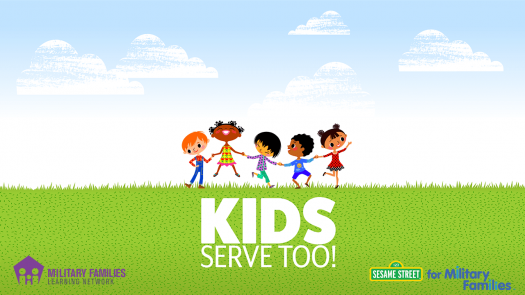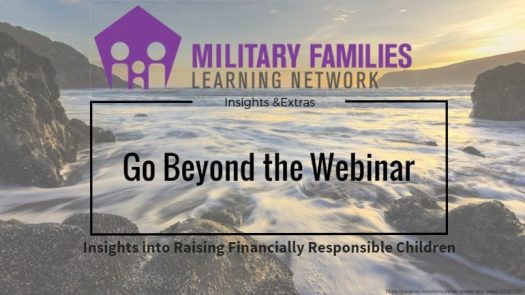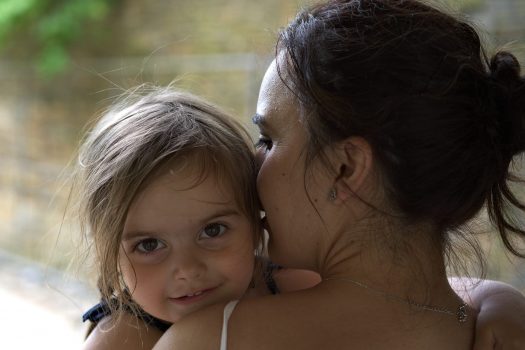
This blog covers Sesame Street for Military Families as a free, bilingual resource with information and activities on a variety of topics with military families in mind.

This blog covers Sesame Street for Military Families as a free, bilingual resource with information and activities on a variety of topics with military families in mind.

Neale Godfrey, New York Times bestselling author and Executive in Residence at the Columbia Graduate School of Business rounded out the third and final webinar in our collaborative Family Finances Series on November 27, 2018. Godfrey offered answers and insights into the questions above and many more pertaining to the…

In “A bagless approach in early intervention? What is that?” OneOp guest author Crystal Williams, Ed.M. discussed a bagless approach in Early Intervention and the ways in which such an approach can benefit children and families. Recently Crystal also designed a set of activity cards providers can give to caregivers and families to support at-home skill practice.

By: Molly Herndon, MS and Jason M. Jowers, MS MFT The holiday season is here and with it comes holiday cheer and, often, holiday stress. Self-care is very important in working through emotional and financial stress during the holidays. Read more about ways to manage holiday stress here. The holiday…

Irritable Bowel Syndrome (IBS) is a condition defined by continuous bouts of abdominal pain and altered bowel habits resulting in an abnormal stool. Unlike the inflammatory bowel diseases (IBD), IBS does not have a detectable disease origin or explanation.

As our final blog we want to leave you with a summary of key concepts to build communication and language as you interact with caregivers and their young children, within their daily routines. We believe that the implementation of the following key practices will facilitate successful interactions:

The OSEP key principles [1] and the DEC recommended practices [2] both stress the importance of routines and relationships as a part of family centered practices. When learning or practicing a new skill using familiar routines, young children apply the skills to meaningful contexts. These experiences also are linked to important individuals in the child’s life. Children are more likely to thrive when positive rapport is built with family members and other caregivers.

This blog post discusses blended families becoming much more common in our society and internationally and the impact on work as service providers.


By: Jason M. Jowers, Bari Sobelson The holidays are a busy time filled with obligations galore- including family and food! Why not make the best out of this holiday season by combining the two and reap the many benefits of family mealtimes? You’re probably thinking that this is a lot…